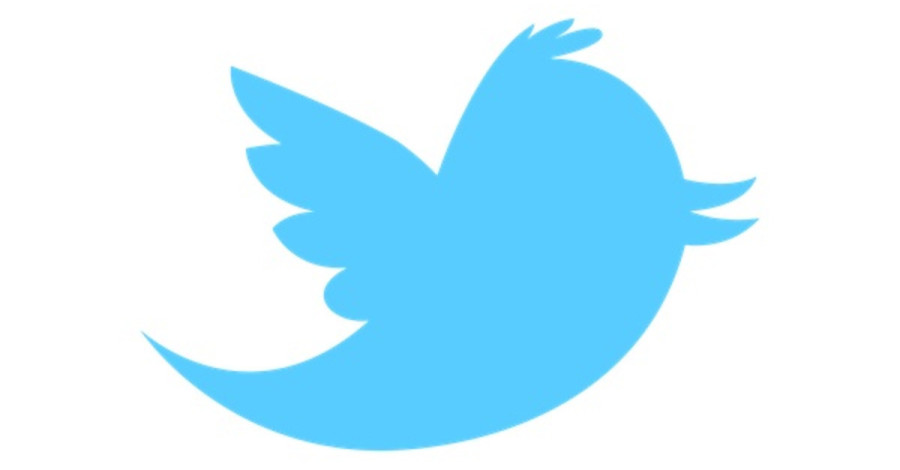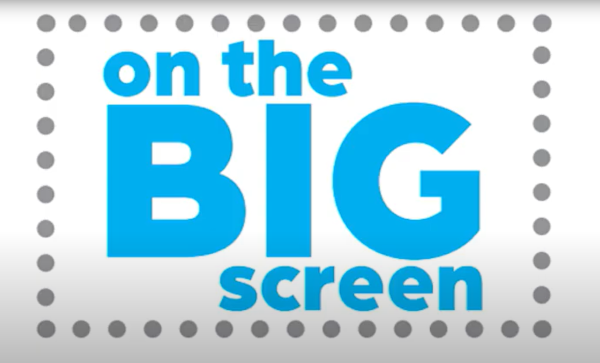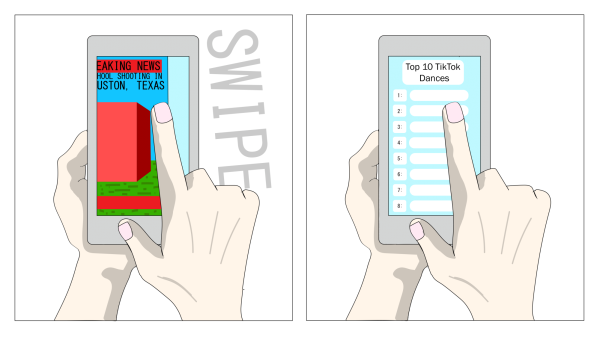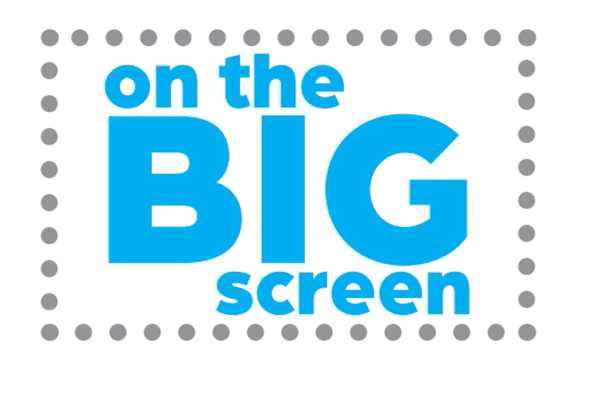Why Twitter activism matters
“You can’t change anything. It’s just Twitter.”
“Don’t take it so seriously. It’s just Twitter.”
“Bro, what did you expect? It’s just Twitter.”
It’s just Twitter.
We’ve been conditioned to accept that Twitter is a muse for the unserious, for the petty, for those to say whatever they want without anyone really caring, because, after all, it’s just Twitter. Why would anyone take it seriously? With Vines and 30 second fights and memes, Twitter is the least serious place on the Internet. Until it isn’t.
The other realm of Twitter, away from all the fun and games, is the “Twitter activist” side. Though many use “Twitter activist” as a derogatory term, or a joke, it should be taken seriously. While many of us scroll through Twitter to distract ourselves in the classroom, these Twitter activists are helping Twitter become the classroom. Many of these people and accounts are working to educate their followers on issues such as feminism, body positivity, and the #BlackLivesMatter movement.
Unfortunately, many are quick to dismiss the work these activists do. From kids who live on Twitter to adults without accounts who still call it “the Twitter,” many are quick to ignore the good that comes out of these activists. If you scroll through the replies, you’ll see a lot of people asking the tweeters: What have you actually done to help besides tweet?
The skepticism thrown at these activists stems from that one question. What do these people actually do? How are they fighting for change? What have they done besides rack up large amounts of followers, favorites, and retweets?
The answer? A lot, actually.
At the most basic level, these accounts help raise awareness. They shine light on issues you don’t hear enough about in the news and offer fast facts and statistics to help their followers learn as much as they can. These accounts help people become “woke,” or aware of social issues. I was not woke until fairly recently. I specifically remember making a transgender joke to my then-girlfriend sophomore year, and I’m pretty sure that’s why she hates me now. I remember making racist jokes, sexist jokes, jokes about all kinds of things that shouldn’t be joked about. I remember bashing women’s sports, blaming poor people for their economic status, and blaming victims of rape. I remember slut-shaming, body-shaming, and basically shaming anyone with a different opinion than me. I also remember shaming those who tried taking to social media to raise awareness on these issues. I figured since I didn’t know about the problems other groups faced, it meant they didn’t exist.
I talk about myself not to congratulate myself on how far I’ve come, but to use myself as an example of the effect of Twitter activism. I was honestly a pretty terrible person, ideologically speaking, until I started paying attention to accounts that speak on issues that we face today. Even if all they did was tweet, they would still be doing important work as far as raising awareness goes. But they still do more than just tweet.
One prominent account, @feministculture, started a campaign to make it mandatory to teach consent in sex ed courses across the country. The petition has nearly 10,000 signatures of the necessary 100,000 before it can be considered by the White House. Even if the goal is not reached, it has started the conversation about teaching consent and has forced many to question why we aren’t already requiring this, and why are so many teachers skipping over this? In fact, since the campaign launched, California became the first state to require consent to be taught in their state’s sex ed classes.
Another person who has used Twitter as a platform for their activism is Deray McKesson (@deray). Deray works to raise awareness for another seemingly obvious fight, that #BlackLivesMatter. Besides tweeting about protests and unarmed black citizens being shot or beaten by police, Deray has also met with Democratic presidential candidates Bernie Sanders and Hillary Clinton to further educate them on these issues and work with them to create meaningful policy plans. Deray and other organizers also started Campaign Zero, a comprehensive plan to end police brutality and other unfair policing methods across America.
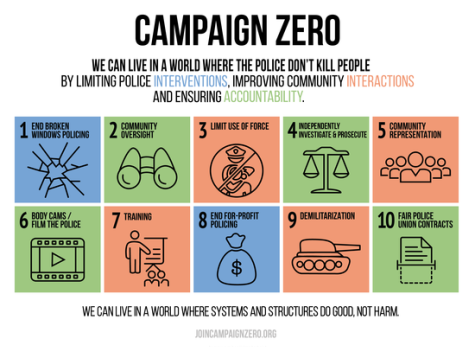
Shaun King (@ShaunKing) also uses Twitter to shine light on police brutality in America. King is the Senior Justice Writer for New York Daily News, and was previously a writer for the site dailykos.com. He has used both Twitter and his articles to broadcast the ugly truth of police brutality and underlying tones of still prevalent white supremacy in America.
These are only three examples. There are many, many more people and accounts dedicated to ensuring equality for all groups and educating any who will listen.
The problem is not many people want to listen.
We want Twitter to be a mindless distraction, not a soapbox for activists to stand on. The truth can be uncomfortable, especially when it challenges us specifically. Ignorance is bliss. But sometimes, we have to confront harsh realities if we ever want change and equality. We have to recognize that when someone tweets about white people, they obviously do not mean all white people, only the ones that perpetuate a racist custom.
The fact of the matter is this: despite what you may believe, Twitter activism has a real impact and needs to be taken just as seriously as any other form of activism. Just because it’s not traditional does not mean it is not effective. The times have changed, and the medium for activism has changed with it. Just because we do not see these people leading protests and making speeches at the Lincoln Memorial does not mean they have a lesser impact. If anything, one could argue that their reach is greater, because instead of forcing people to be present for their speeches, everything is online, and people can see it anywhere, any time.
Let’s stop using “Twitter activism” as some kind of derogatory term. These people have a real impact and, whether you like it or not, they are leading the cry for change. Why get in their way? If you still get offended and upset whenever you see someone tweeting about social issues, ask yourself, “Why are you so offended by someone else asking for equality?” Seriously. Why are you so offended by someone else asking for equality? Why does someone saying black lives matter make you feel like they are saying white lives don’t matter? Why does someone asking for fair treatment make you wish they would shut up?
Your donation will support the student journalists of Hagerty High School. We are an ad-free publication, and your contribution helps us publish six issues of the BluePrint and cover our annual website hosting costs. Thank you so much!

